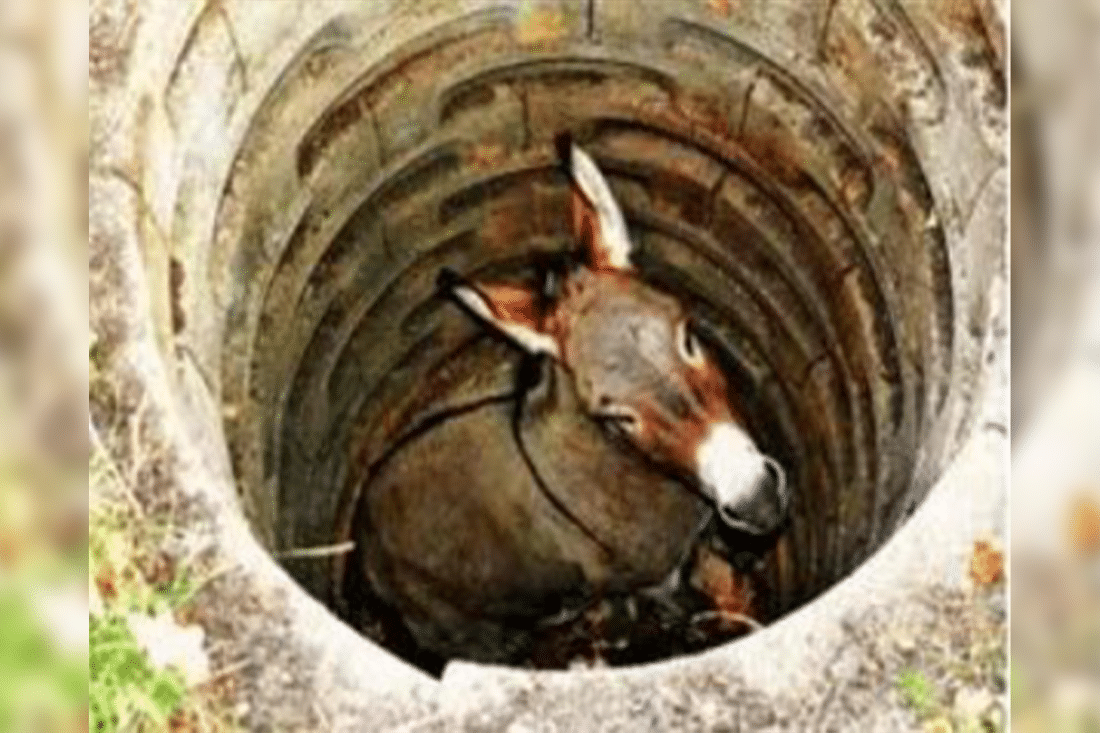
By: Robert Neese, executive director Arizona GEAR UP
Resilience can help us successfully adapt to adversity, stress, tragedy, or trauma. When you think of resilience, you may consider “the ability to bounce back.” The concept may seem complex, but let’s simplify our ideas by using a rubber band metaphor. Rubber bands, like people, come in different shapes and sizes and are subject to different situations and expectations. Rubber bands are made through a process called vulcanization, which builds up the elasticity and strength of the rubber so that it can be stretched to its limits, and then have “the ability to bounce back.”
Over time and repeated use, the rubber band gets stretched out and can form small cracks in the rubber, eventually leading to a SNAP. Since we aren’t rubber bands, we retain amazingly strong “bounce back” capabilities that can sustain and even restore us to our best selves. A combination of genetics, human development, and learning gives us the capacity to develop, learn, and increase our resilience. To help remember this simple concept as you intentionally work on resilience, wear a rubber band around your wrist. When you begin feeling overwhelmed, snap the rubber band against your wrist to re-awaken your intentions.
Five Simple Strategies to Build & Sustain Resilience:
- Find Meaning in the Adversity. Whether it’s COVID-19 related or not, make your situation meaningful to you by framing it in positive ways and learning from it.
- Build and Invest in Relationships. Give and receive encouragement and support, knowing that everyone is struggling in both similar and unique ways.
- Be Hopeful. Spend time reflecting and realizing that how things are today, are not how they always will be. Visualize and see greater possibilities for the future.
- Develop an Attitude of Gratitude. What are some things you are grateful for today? Sharing your attitude of gratitude is contagious, so share it with others.
- Accept & Anticipate Change. Change is inevitable. By accepting and embracing change, we make the conscious choice to keep moving forward and continue growing and improving.
Suppose you’ve tried all the above strategies, but still need a little boost toward resilience—this is where the donkey enters. The counseling community often uses a well-known fable, The Farmer and the Donkey, to encourage people to find ways to “shake it off and take a step up,” which provides help as we continue our way through this pandemic.
One day a farmer’s donkey fell down into a well. The animal cried Yeh-Haw, Yeh-Haw for hours as the farmer tried to figure out what to do. Finally, he decided the animal was old, and the well needed to be covered up anyway—it just wasn’t worth it to save the donkey.
He asked his neighbors to come over and help him, and they all grabbed shovels and began to toss dirt into the well. At first, the donkey realized what was happening and cried horribly. Then, to everyone’s amazement, he quieted down.
After shoveling load after load down into the well, the farmer finally looked down, and he was astonished at what he saw. With each shovel of dirt that hit his back, the donkey was doing something amazing. He would shake it off and take a step up.
As the farmer’s neighbors continued to shovel dirt on top of the animal, he would shake it off and take another step up. Pretty soon, everyone was amazed as the donkey stepped up over the edge of the well and happily trotted off.
If you or a loved one finds yourself in a situation where you can’t shake it off to take another step up, please seek help. The SAMHSA National Helpline offers free, confidential, 24/7, 365-day-a-year treatment referral and information services (in English and Spanish) at 1-800-662-HELP (4357).